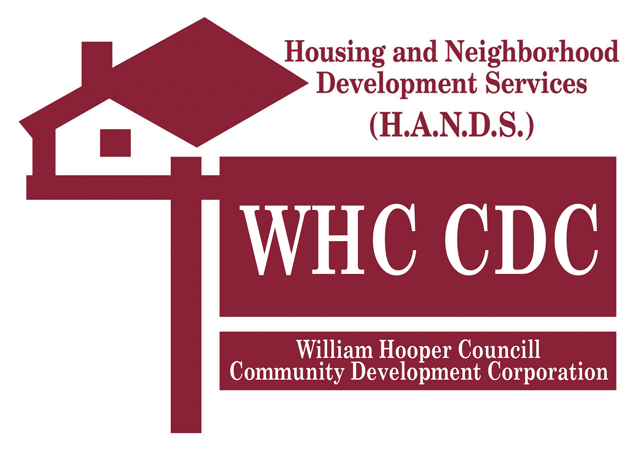Home Buyers Club


HOUSING DEVELOPMENT & NEIGHBORHOOD SERVICES

Designed to improve the quality of life in communities by addressing issues related to housing and neighborhood development. These efforts can include building new homes or improving existing ones, revitalizing neighborhoods, and providing services such as education and job training to residents. The goal of housing development and neighborhood services is to create safe, vibrant, and sustainable communities where people can live, work, and thrive. These programs can be implemented by governments, non-profit organizations, or private companies, and may involve partnerships and collaborations between these different entities. Overall, housing development and neighborhood services play a crucial role in shaping the character and livability of communities, and can have a lasting impact on the people who live there.
CIVIC ENGAGEMENT & SERVICE-LEARNING PROGRAMS
Ways in which individuals and communities participate in the political, economic, and social affairs of their society. This can include activities such as voting, volunteering, advocating for causes, and participating in community decision-making processes. Service-learning programs, on the other hand, are educational experiences that combine academic study with meaningful service to the community. These programs often involve students participating in service projects related to their coursework, and can be a powerful way for students to apply what they are learning in the classroom to real-world issues and challenges. Civic engagement and service-learning programs can be mutually reinforcing, as participating in service projects can help individuals develop a deeper understanding of and commitment to their community, while also providing opportunities for personal and professional growth. These programs can be offered by schools, universities, non-profit organizations, or other community groups, and can have a lasting impact on both the individuals who participate in them and the communities they serve.
AFTER-SCHOOL TUTORING & MENTORING PROGRAMS
Provide academic support and guidance to students outside of regular school hours. These programs can take a variety of forms, such as homework help centers, one-on-one tutoring sessions, or group study sessions. They may be offered by schools, community organizations, or private companies, and may target students of all ages and academic levels.
One of the primary goals of after-school tutoring and mentoring programs is to help students improve their academic performance and close any achievement gaps they may have with their peers. These programs can also provide a safe and supportive environment for students to learn and grow, and can help to foster a love of learning and a sense of accomplishment. In addition, after-school tutoring and mentoring programs can provide an opportunity for students to interact with positive role models and mentors who can provide guidance and support as they navigate their academic and personal lives. Overall, these programs can play a vital role in helping students succeed in school and beyond.
JOB TRAINING & ECONOMIC DEVELOPMENT ACTIVITIES
Help individuals acquire the skills and knowledge needed to succeed in the workforce, and to support the growth and prosperity of communities. Job training programs can take many forms, such as technical and vocational training, apprenticeships, and on-the-job training, and can be offered by employers, government agencies, or non-profit organizations. These programs can help individuals learn new skills and enhance their employability, and can also provide opportunities for personal and professional growth.
GREEN BUILDING AND SOLAR ENERGY INITIATIVES
Promote the use of environmentally friendly and sustainable practices in the design, construction, and operation of buildings and other structures. Green building practices can include the use of energy-efficient and renewable materials, the incorporation of features such as green roofs and rainwater harvesting systems, and the implementation of strategies to reduce the environmental impact of buildings. Solar energy initiatives, on the other hand, involve the use of solar panels and other technologies to capture and harness the energy of the sun for electricity, heating, and other purposes.
